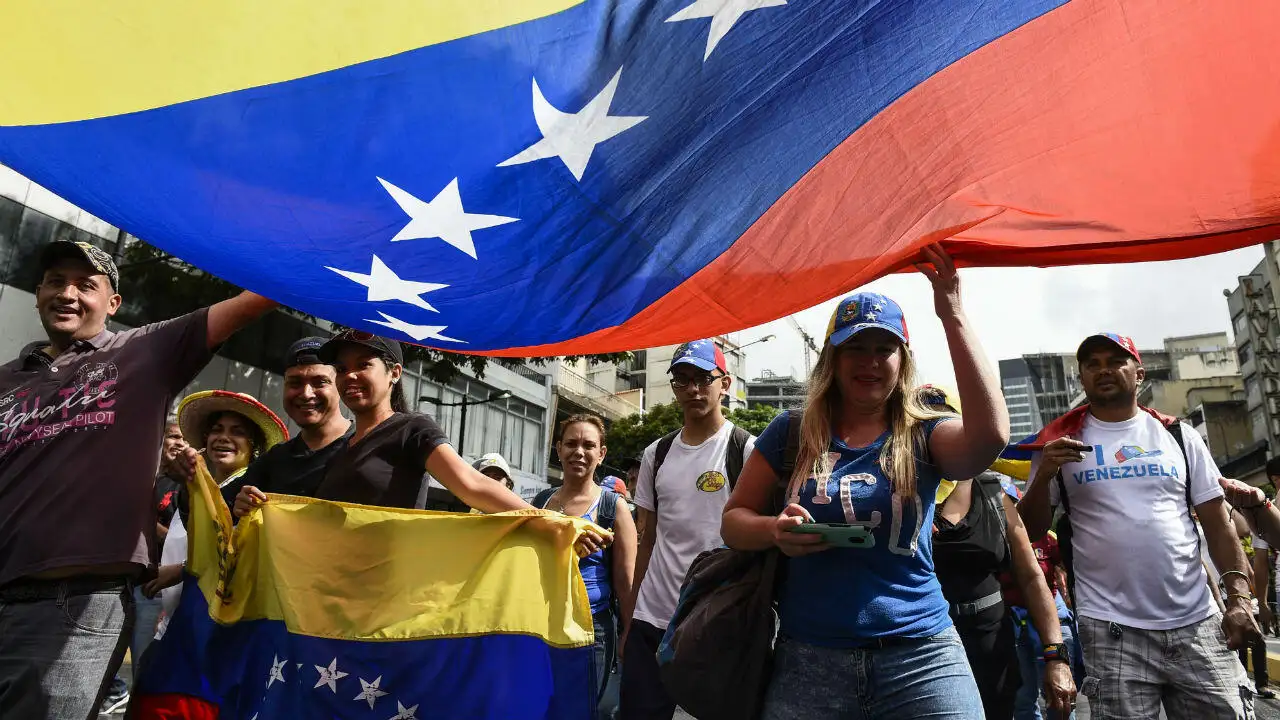Following the July 28 presidential election, which authorities claim Nicolás Maduro won, Venezuela is currently experiencing significant unrest. However, the opposition, led by Edmundo González, published a detailed election report asserting González’s victory. This discrepancy has sparked nationwide protests and a wave of internet censorship enforced by the government.
Binance is a crucial platform in Venezuela, where the local currency, the bolivar, has significantly devalued. Many Venezuelans rely on Binance for peer-to-peer exchange operations to access more stable currencies, such as the US dollar, through stablecoins and Bitcoin. In response to the blockade, Binance assured users via email and social media that their funds remain secure under the company’s security protocols. Despite this assurance, the company has not provided further comments on the blockade’s potential outcomes.
The duration of the blockade remains uncertain, as does the question of whether private internet providers will be required to enforce it. Venezuelan users have turned to VPNs to bypass the restrictions and voice their concerns online, emphasizing the importance of these platforms for the local economy and currency stability.
The unrest and subsequent government response have plunged Venezuela into a state of heightened tension and uncertainty, with the populace grappling with restricted access to critical online services amidst a disputed political landscape.
































